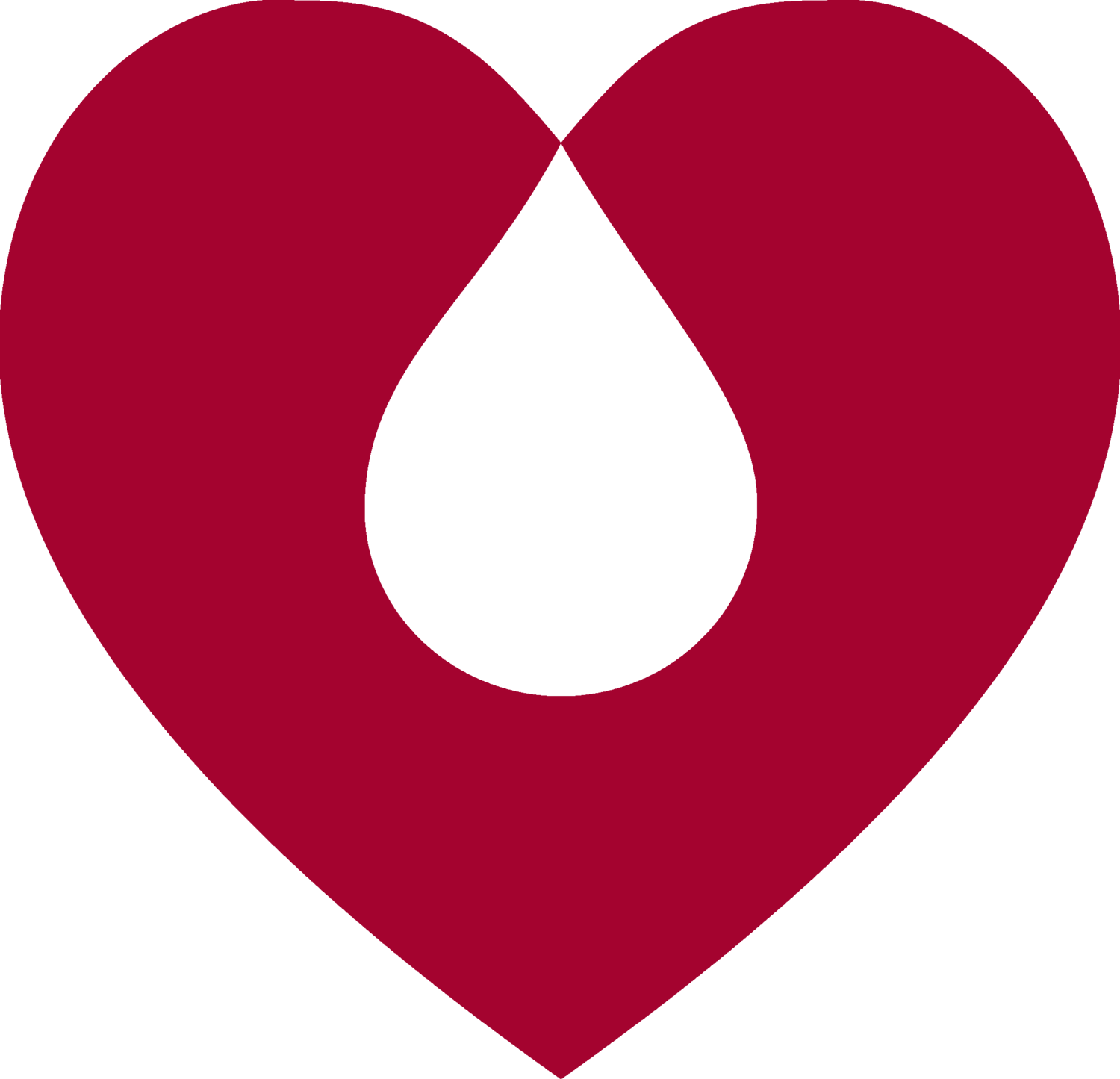Today the Supreme Court decided to endanger the people of this country. Whatever the "pro-life" crowd wishes to believe, abortions are healthcare. Access to abortion is a basic human right.
Today's decision of of particular concern at ZA'AKAH. When we receive calls from survivors of rape and incest who are concerned that they may be pregnant, we understand that the fear isn't just that they'll have to carry a fetus resulting from a sexual violation to term, and all the trauma that entails; they're often scared about the consequences of being pregnant in a community that will neither be understanding of the fact that they're pregnant, or believe then when they say that their pregnancy is the result of rape.
Included in these groups are girls as young as 12 or 13 who are being raped by family members, marriage-aged women who are drugged and raped on shidduch dates, and divorced women who are raped either by dates or by their exes.
ZA'AKAH exists because all of those scenarios are prevalent in our community. Abortion is often the only option for the psychological, physical, and material wellbeing of a survivor, whether they want one to avoid the trauma, shame, or expense of carrying a fetus they were forcibly impregnated with to term.
Supporters of the Court's decision may point to carve-outs for medical danger or rape without understanding practically how such carve-outs would work. Medical exceptions will be exceedingly narrow, and will often fail to take into account the psychological stresses of being forced to carry a pregnancy resulting from rape to term. Doctors may be too cautious to perform abortions in such cases even if they technically fall within the parameters of such exceptions because they're scared of being prosecuted anyway and charged with crimes carrying heavy sentences.
Carve outs for rape and incest are even less likely to effectively provide an avenue for survivors of either to procure abortions. Such carve outs may require a police report, or some kind of official disclosure. Forcing a rape or incest survivor to disclose in order to receive an abortion is not only cruel considering how statistically unlikely an immediate disclosure of rape is, it could potentially further endanger the survivor. Survivors often delay disclosure for decades out of fear for what their abusers, families, or communities may do to them for having done so. That fear will necessarily preclude them from making any official disclosure, which would in turn prevent them from seeking an abortion under such a carve-out.
We cannot state this more plainly: This decision endangers victims of rape and incest, especially within insular religious communities like the ones we serve. We vehemently oppose this decision and call on state legislatures and Congress to immediately pass legislation protection the right to abortion.
This is a matter of pikuach nefesh, life and death for survivors of sexual violence in our community.


